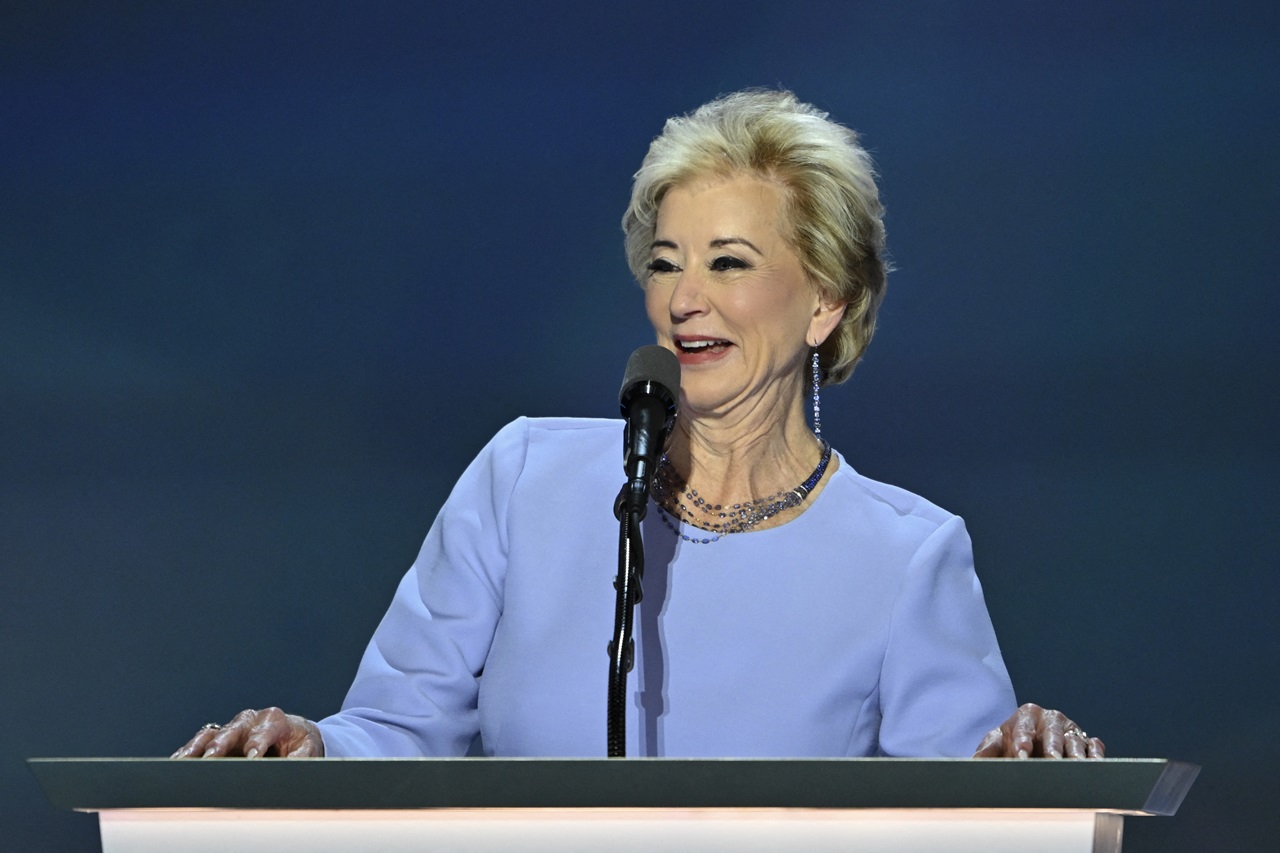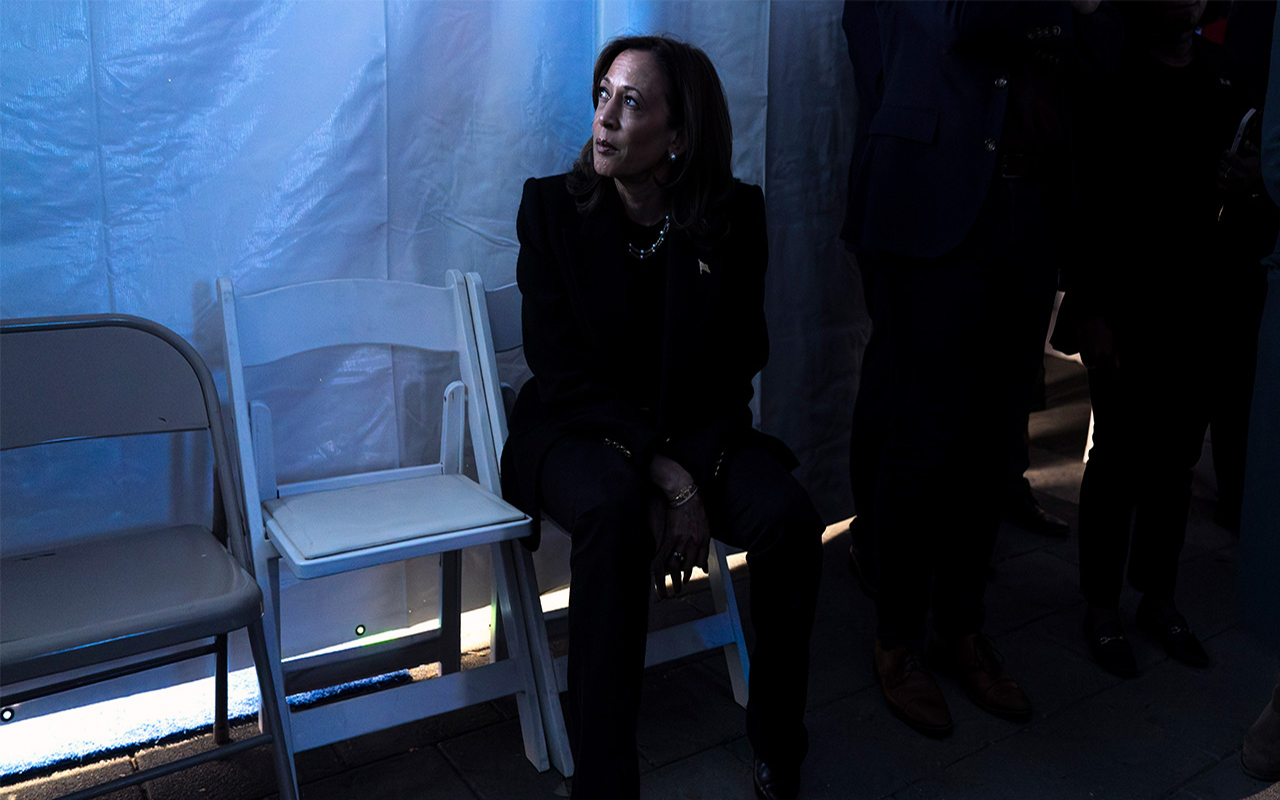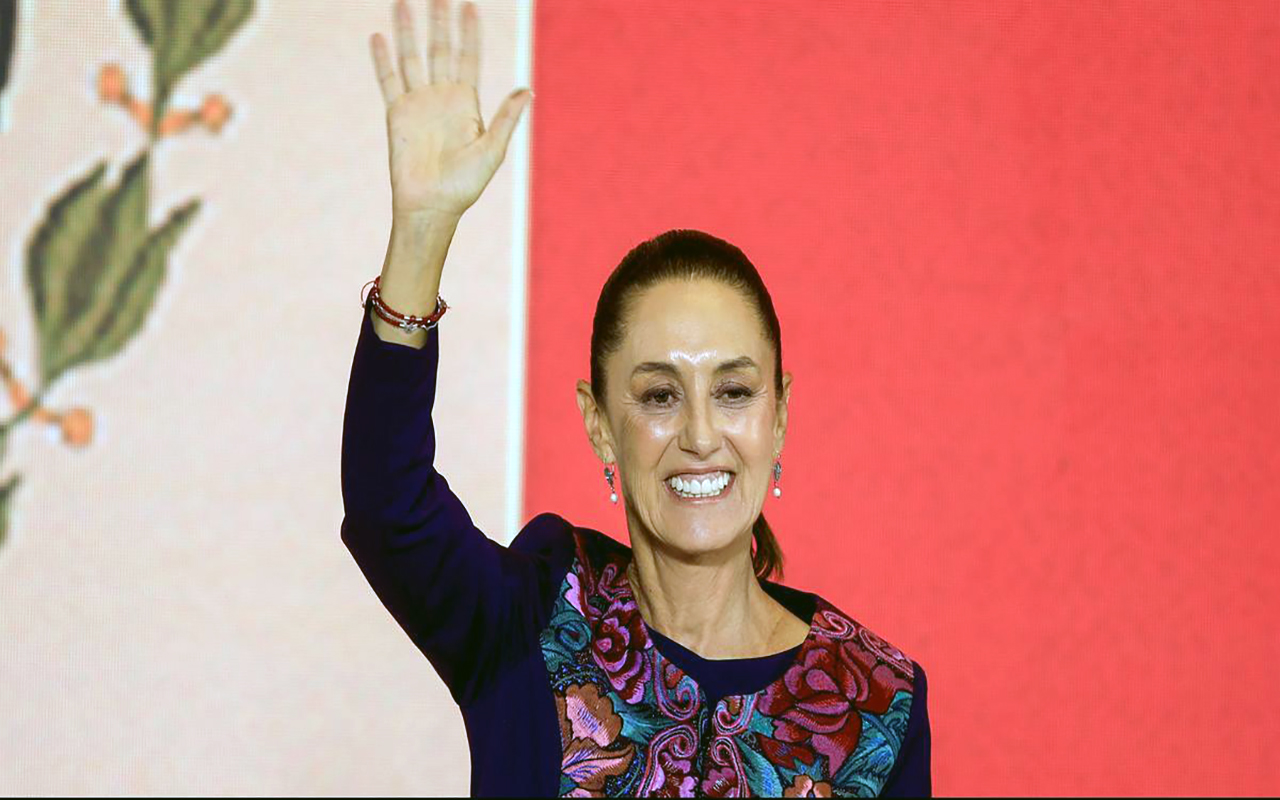
Delia Ramirez could be the first Latina elected to Congress from the Midwest
Ramirez is running for Illinois 3rd Congressional District, and hopes are high for her to make history.
Illinois state representative Delia Ramirez is running for U.S. Congress in Illinois’ 3rd Congressional District, and if she prevails as the strong favorite in November’s elections, she will be the first Latina congresswoman from the Midwest in U.S. History.
Ramirez has represented the 4th district of the state since 2018, when her community of Humboldt Park, Hermosa and other neighborhoods in Chicago, boosted her to run for state representative.
Throughout her career, she’s been a legislator, social service director, community leader, and coalition builder. What started as a career in local public service and helping out individuals and communities in need, has now turned into a budding political career aimed at bringing change on a bigger scale.
Community comes first
Born to Guatemalan immigrants, Ramirez’s mother crossed the border while pregnant with Delia and along with her father, had to work multiple low-wage jobs to make ends meet when they first arrived in Chicago. Their schedules involved both having to alternate working times so someone was always home with a young Delia.
That sometimes meant long stretches without seeing one another. Ramirez’s father, for example, worked at a donut shop early in the morning, and also held down a late-night factory shift in the evening.
In a phone interview with AL DÍA, Ramirez credited her parents for setting an example of the importance of helping the community, which they always found time to do despite their busy schedules.
Those values have carried Ramirez throughout her life and career.
“It’s where I learned the values of service and finding time, even if it's limited time, to serve others,” said Ramirez.
In the time her father worked at the donut shop, he also was an outreach worker for an infant mortality organization in the neighborhood. Ramirez’s mom also worked with the same organization. Despite their limited English speaking, both were assigned to check in on single mothers during Chicago’s peak of infant mortality in the 90s.

Sticking with the church
Ramirez herself was born and raised in a United Methodist Church in the Belmont Cragin neighborhood. Her parents arrived at that church with a nine month old Delia, and expecting a second child in the near future. In exchange for affordable rent, her parents worked at the church and helped volunteer with the outreach ministries. It was home for the first seven years of Ramirez’s life, and where she learned to put her faith to action on a number of issues affecting the surrounding community.
When she did turn seven, the family had saved enough money to buy their first home in Humboldt Park, where her parents still live today. The section of Chicago is a prominent Latino and predominantly Puerto Rican neighborhood. They were also only a few blocks away from the church, which did not affect their ability to give their time for community relief efforts.
“Even though we didn’t live there, we felt like we lived there. If my mom wasn’t volunteering, we were at a church service, or a youth service,” said Ramirez.
At 17, Ramirez was asked to become the mail lady at the church. She called the position at the time her dream job because she was a senior in high school, and it was a great chance to make a little money and continue the work into college.
At 21, she quickly elevated within the outreach ministry Center for Changing Lives, which was also fast becoming its own social service agency, and was asked to be its interim executive director.
In August 2004, Ramirez was offered the position of full time executive director. It was her responsibility to take what started as a church basement outreach ministry and turn it into a comprehensive social service agency that would later become a citywide effort addressing homelessness in Chicago.
“I knew I wanted to help. My family had been helped,” said Ramirez. “My church started this organization to take this work to the next level, and really ensure that we were breaking the cycle of homelessness, and moving from emergency services or band aid in some way to creating the circumstances for people to find permanent stable housing, and get the support they needed.”
“Politics happened to me”
Through a life that was initially spent in community service, politics was never on Ramirez’s radar early on. She also lacked the political connections via family or elsewhere of many that end up running for office in Chicago. However, she was motivated by a single goal that’s always been at her core.
“I wasn't sent by anyone. I was someone that was compelled to help others because my church community had helped me,” said Ramirez.
But gradually, as the church helped with housing, food, and employment assistance, among other issues, she saw the interconnected web of politics and how it also affected everything.
RELATED CONTENT
“Politics happened to me. Growing up as a volunteer there and then as a director, I constantly saw how local politics played a role in our ability to serve people,” Ramirez said.
Eventually, due to her work there, Ramirez’s community boosted her to run for state representative for the 4th House District of Illinois in 2018. That year, she won almost 50% of the vote in the Democratic primary and bested a field of three other women before moving on and running unopposed in the general election. With the victory, she became the first person of Guatemalan descent elected to Illinois’ State Legislature. She would run unopposed in 2020 in both the Democratic primary and general election.
In her time as state representative, Ramirez has passed legislation such as expansion of medicaid coverage for senior citizens regardless of citizenship status, as well as securing over $450 million in affordable housing funds, and abortion rights protections. She was also responsible for the creation of an elected school board in Chicago.

Community service at the highest level
Given her success in the relatively short span of almost four years, Ramirez announced her run for Congress on Dec. 8, 2021. Her campaign for Illinois’ 3rd is centered on supporting some of the most vulnerable groups in Chicago, Illinois, and the country, with policy plans surrounding LGBTQ+ rights, immigration, reproductive rights, voting rights, and housing.
“I'm going in there to work on the issues that impact my family, and my community directly. I'm an organizer, and I know how to communicate with people,” Ramirez said.
Illinois 3rd Congressional District will have a totally new look after 2023, but for Ramirez’s election, it will maintain its form from the previous decade, which comprises Chicago’s west and southwest suburbs in addition to some parts of the city itself. Demographically, it is sandwiched between majority Black districts 1 and 7 to the north, and the Hispanic majority 4th to the south.
The district will also have a new leader in Congress, as Rep. Marie Newman shifted to challenge for a seat in the 5th Congressional district, but fell in the primaries.
In 2023, the district will shift to have a more Hispanic-majority population, taking parts of Humboldt Park, and all of Belmont Cragin, and Hermosa — all with Hispanic-majority populations.
In the 3rd district’s Democratic primary, Ramirez won handily over a field that included two other Latinos and a candidate with Palestinian roots. She was the only woman in the contest, and garnered more than 65% of the vote. With the win on the Democratic side in the Democratic-heavy district, Ramirez is a strong favorite in the general election against Republican challenger Justin Burau.
The meaning of Midwest history
Barring a major upset, when Ramirez is elected in November, she would be the first Latina congresswoman from the Midwest, an achievement that carries weight despite her already making history with prior election victories.
“I was the first Guatemalan-American elected to the state legislature. Being the daughter of immigrants who worked multiple minimum wage jobs. Being the wife of a DACA recipient. For me, this race was personal,” she said. “I struggled to get here.”
“Coming from the working class is to me an affirmation that for all of those that told me that ‘You must be in this class. You must be related to this person. You must have these connections,’ that none of that narrative is necessary,” Ramirez continued, “I can represent thousands of young women who deserve to be in these places of leadership.”











LEAVE A COMMENT: